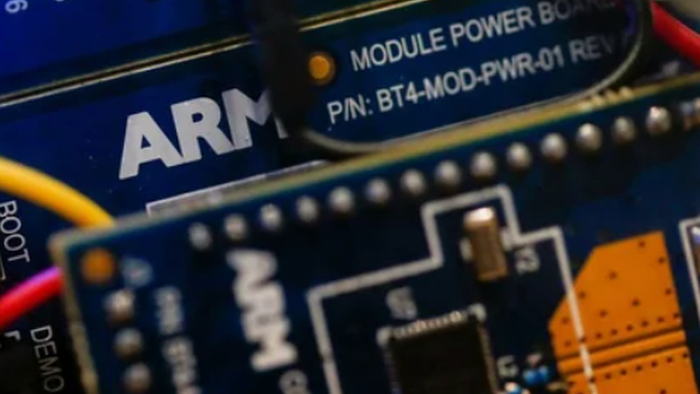UK-based chip architecture giant Arm Holdings is nuking its architectural license agreement with US-based Qualcomm, which certainly escalates an ongoing legal dispute between the two companies.
Bloomberg obtained a document that specifies Arm has given Qualcomm 60 days to end their so-called architectural license agreement. This agreement has allowed longtime partner Qualcomm to produce chips based on standards owned by the UK company.
The license cancellation will mean Qualcomm will have to stop selling products based on Arm designs by the end of the year. Bloomberg noted that this could “roil the smartphone and personal computer markets, as well as disrupt the finances and operations of two of the most influential companies in the semiconductor industry.”
A Qualcomm spokesperson told the media outlet that the British company was trying to “strong-arm a longtime partner.”
It “appears to be an attempt to disrupt the legal process, and its claim for termination is completely baseless,” the spokesperson said via email, adding, “We are confident that Qualcomm’s rights under its agreement with Arm will be affirmed.”
The legal feud began when Qualcomm bought Nuvia in 2021 to boost its Arm-based CPU designs. Arm was furious that it had no say in the deal and canceled Nuvia’s licenses in 2023. Both sides are headed to court in December.
Bloomberg Intelligence analysts Tamlin Bason and Kunjan Sobhani commented on the legal dispute, noting, “Arm’s move to cancel Qualcomm’s architectural license looks like an effort to gain leverage in advance of the parties’ Dec. 16 trial.”
BI analysts continued, “Our Thesis: Arm’s suit against Qualcomm likely ends in a negotiated license, granting the chipmaker rights to customize Arm architecture, but at higher royalty rate than Nuvia had been paying.”
In a separate note, JPMorgan analyst Samik Chatterjee told clients that the license cancellation is a significant escalation between the two firms. He said, “An eventual settlement is still the most likely outcome,” adding, The cancellation and 60-day notice appears to be a negotiating tactic to put further pressure on Qualcomm to find a solution sooner.”
“The timing of the cancellation notice suggests to us an attempt to force a pre-trial settlement,” Bernstein analyst Stacy Rasgon wrote in a note. Based on previous Qualcomm lawsuits, she said, “note that they do tend to typically settle prior to seeing the inside of a courtroom.”
Loading…
Read the full article here

